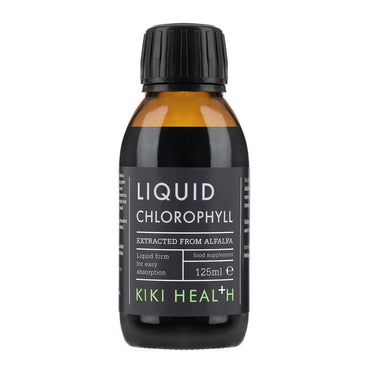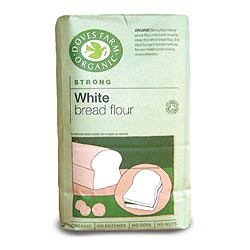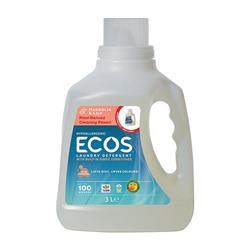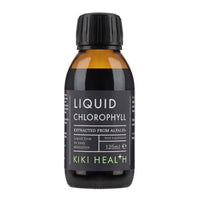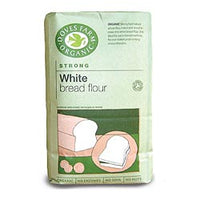

Frontier Natural Products, Whole Star Anise Select, 16 oz (453 g)
£32.87 GBP
Disclaimer
While VITAMINSUK strives to ensure the accuracy of its product images and information, some manufacturing changes to packaging and/or ingredients may be pending update on our site. Although items may occasionally ship with alternate packaging, freshness is always guaranteed. We recommend that you read labels, warnings and directions of all products before use and not rely solely on the information provided by VITAMINSUK
This product is not intended to diagnose, treat, cure, or prevent any diseases.
Illicium Verum USDA Kosher Certified by QAI An unusual, star-shaped spice, star anise adds pungent, licorice-like flavor and aroma to meats, stews, mulled beverages and liqueurs. Star anise is also an essential ingredient in blends like five spice and garam masala--and it makes a lovely addition to potpourri. Star anise is the distinctive fruit of an evergreen tree, Illicium verum. Related to the magnolia, it has a whitish, aromatic trunk and grows to about 26 feet. The star anise is the unripe fruit that's been picked and dried. It's sold both whole and ground into an aromatic, red-brown powder. It's also known as anise star, takkola, and Chinese star anise. The Chinese name for star anise means eight points, and most of the specimens do have eight carpels, or points (though you can find star anise with as few as five and as many as 12 points). Each of the carpels forms a little capsule with one single brown seed inside. Japanese star anise (Illicium anisatum) is not the same plant. In fact, it's toxic and is used primarily for incense. Star anise is a source of shikimic acid, which is used to produce the anti-flu drug tamiflu. It also contains anethole, which give both star anise and anise their licorice-like flavor. A bit stronger than anise seed, this intriguing spice is often used in Chinese and Vietnamese cooking. Chinese star anise has been used as a spice and medicine for over 3000 years. The genus name is thought to come from the Latin illicium, which means allurement, a reference to the sweet aroma of the fruits. The English navigator Sir Thomas Cavendish brought star anise to Europe via the Philippines in 1578.
Disclaimer
While VITAMINSUK strives to ensure the accuracy of its product images and information, some manufacturing changes to packaging and/or ingredients may be pending update on our site. Although items may occasionally ship with alternate packaging, freshness is always guaranteed. We recommend that you read labels, warnings and directions of all products before use and not rely solely on the information provided by VITAMINSUK
This product is not intended to diagnose, treat, cure, or prevent any diseases.

